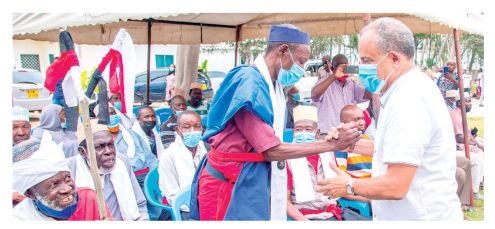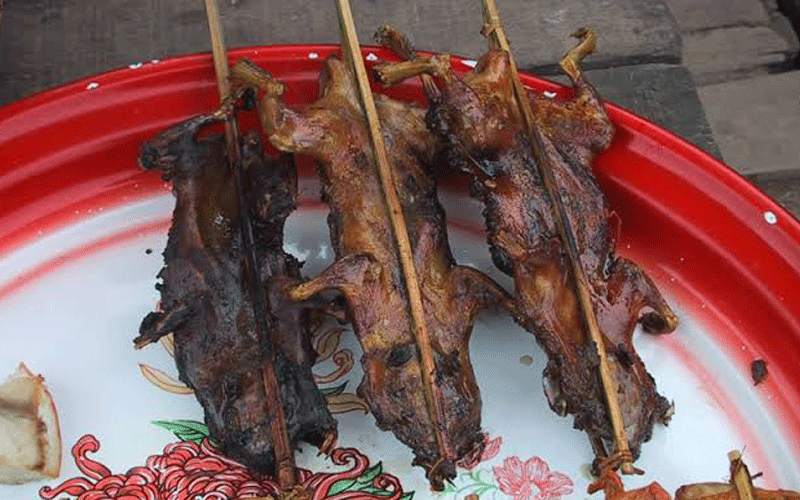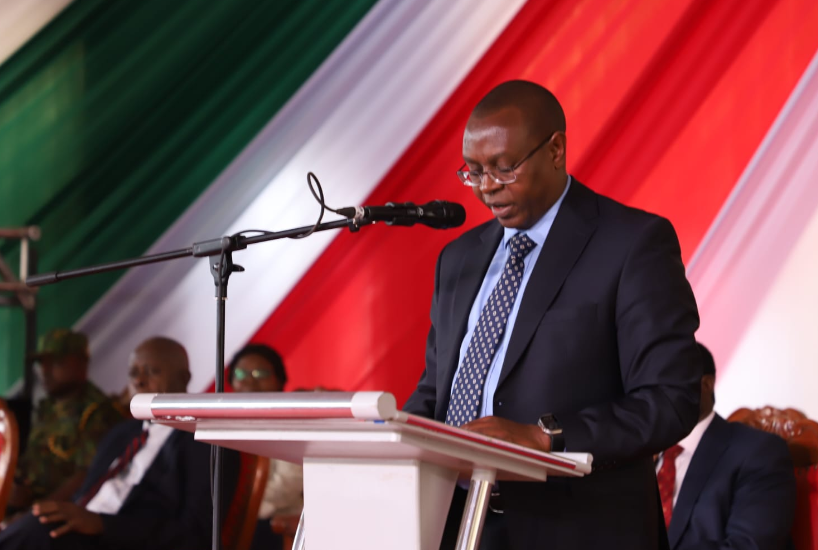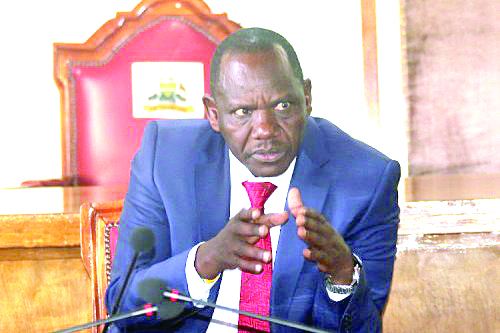Cultural items: Return of artefacts a win against neocolonialism
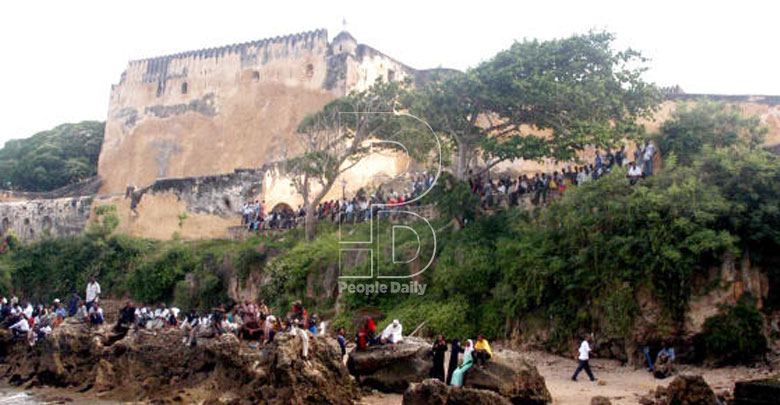
ABDALLA KHALID
Last month, Kenya scored a major victory against neocolonialism when it received over 30 cultural artefacts that were handed over to Kaya elders from the Mijikenda community. Those cultural items were stolen over 150 years ago and shipped to the United States.
During the ceremony, held at Fort Jesus in Mombasa, Sports and Culture Cabinet secretary Amina Mohamed aptly described the move to repatriate the artefacts as a big milestone in the quest for social and cultural justice for Kenyan people.
The ‘vigango’ (effigies) artifacts were voluntarily returned by the Denver Museum of National History following negotiations with Kenyan authorities.
The looting of artefacts and other valuable heritage items from African nations during the colonial period has been one nagging carryover from that period and one that must be comprehensively addressed to bring closure to the dispossession and suffering the people went through.
The artifacts range from animals and cultural objects, to collections of human remains. As some analysts have noted, they remain reminders of scientific racism and the creation of human zoos.
In addition, the artifacts do not only mean a lot to the national history of aggrieved countries, but also form part of the intellectual property for future generations.
Early this year, a British museum announced plans to return two stolen locks of hair from a 19th century Ethiopian king in what was hailed as an “exemplary gesture of goodwill” by the Ethiopian Embassy in the UK.
The hair was cut from Emperor Tewodros II’s head after he shot himself rather than be taken prisoner by invading British forces who had attacked his fortress in 1868.
According to an analysis by The Conversation, the British forces went on a looting spree, taking so much that they needed 15 elephants and 200 mules to cart it away.
The loot included more than 500 ancient parchment manuscripts, two gold crowns, crosses and chalices in gold, silver and copper, and religious icons.
Tewodros’ seven-year-old son Prince Alemayehu was taken to the UK along with the looted treasures. Strands of the Emperor’s hair were given to the National Army Museum in London 60 years ago.
The British committed similar injustices in Kenya and, importantly, have still never told the public where the independence struggle hero Dedan Kimathi was buried after being executed by the British.
The return of the hair locks follows a recent report commissioned by French President Emmanuel Macron that recommended African treasures in French museums be returned to countries of origin. It noted that the return of the strands was significant given Tewodros’ subsequent symbolism and significance in the history of Ethiopia.
Also in March, Germany agreed to speed up the return of human remains and artwork from former African colonies where the country carried out brutal massacres and pillaged indigenous heritage.
It is a good sign that the western powers have offered to return the artefacts, skulls of legendary people and other historical items but more needs to be done.
Zambia, for instance, has been struggling to have a fossilised skull of a possible human ancestor, along with some other bones thought to be associated with it that were taken to the UK in 1921.
Dubbed “Rhodesian Man,” this hominin may occupy a pivotal place in the evolutionary transition from Homo erectus to Homo sapiens. Today anthropologists refer to the find as the “Kabwe skull” and recognise it as the first early human fossil discovered in Africa. The skull is still in London.
The UK has been resisting to return antiquities acquired during colonial times, but in May last year, at a meeting of the Unesco heritage committee in Paris, Zambian representatives finally broke through British resistance. The UK agreed to sit down and talk about the possible repatriation of the skull and related fossils back to Zambia.
According to Yirga Gelaw Woldeyes, a human rights lecturer, dispossessing people of their cultural artifacts dispossess them of knowledge, history and philosophy. The writer is an analyst with interest on geopolitical issues
